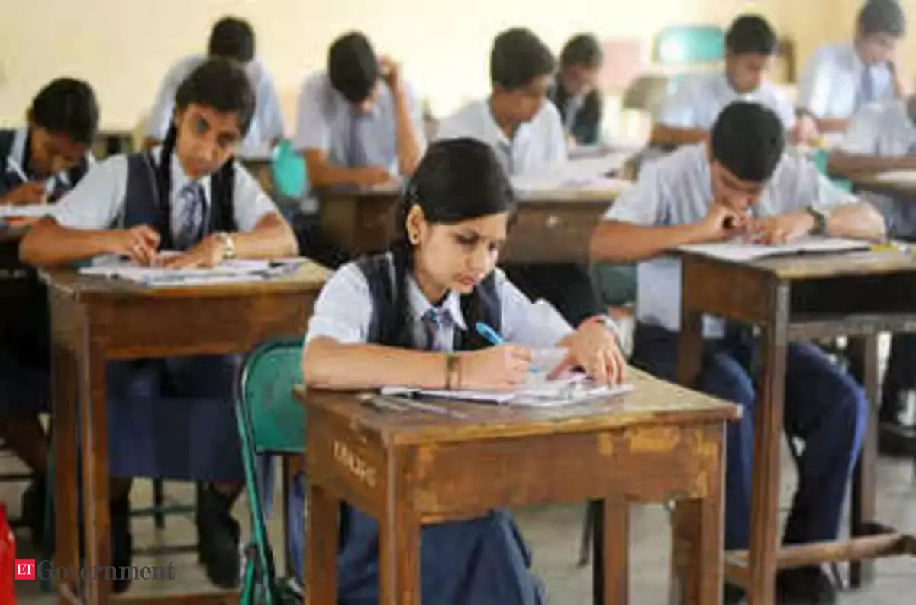
A step backward for education reform
India’s education system is at the crossroads and making great strides but the recent decision to scrap the No Detention Policy (NDP) for Classes V and VIII risks taking a step backward. Introduced under the Right to Education (RTE) Act in 2009, the NDP sought to shift the focus from rote elimination exams to inclusive and holistic learning. It was a bold move in a country where academic success is often reduced to scores. Yet, after 15 years, this progressive policy is set to be abandoned, raising questions about the implications for vulnerable students and the broader goals of the National Education Policy (NEP) 2020.
The NDP was created to address a major problem: a large number of children leaving school early, particularly in the early grades. Before the RTE was passed, almost half of all students between first and eighth grade dropped out of school, and this rate was even higher for children from marginalised communities like Scheduled Castes and Scheduled Tribes. While the dropout rate has improved considerably, falling to around 12.6%, the government's recent decision to allow schools to hold students back a grade if they don't perform well overlooks a crucial issue. The problem isn't just that some students are falling behind, but that many schools lack the resources and support systems needed to help these students catch up.
While the policy envisioned that failing students would receive “special care” to catch up academically, the ground reality tells a different story. India's education system is grappling with a severe teacher shortage, with over 10 lakh vacancies in government schools. Overburdened teachers, many already struggling with large class sizes and inadequate resources, often lack the time and tools to address the needs of struggling students. Simply detaining these students risks alienating them further, particularly those from marginalised communities who already face systemic barriers. Critics of the NDP argue that promoting students without ensuring their learning outcomes has diluted education quality.
The 2023 ASER report lends some credence to this concern, revealing that only 25% of students aged 14-18 can fluently read a Class II-level text. Yet, the solution cannot be a return to punitive measures. Detention, historically linked to higher dropout rates, could exacerbate educational inequities and undo years of progress. The NEP 2020 envisions a more inclusive and equitable education system, emphasizing innovative teaching methods, universal access, and student well-being.
Scrapping the NDP contradicts this vision. Instead of reverting to elimination-focused exams, policymakers must invest in teacher training, infrastructure, and targeted interventions to support at-risk students. Abolishing the NDP might seem like an easy solution to falling education standards, but it could discourage students and further marginalize those in need of help. Real progress lies in uplifting every child, not penalizing them for struggling.
 English daily published in Bengaluru & Doha
English daily published in Bengaluru & Doha






